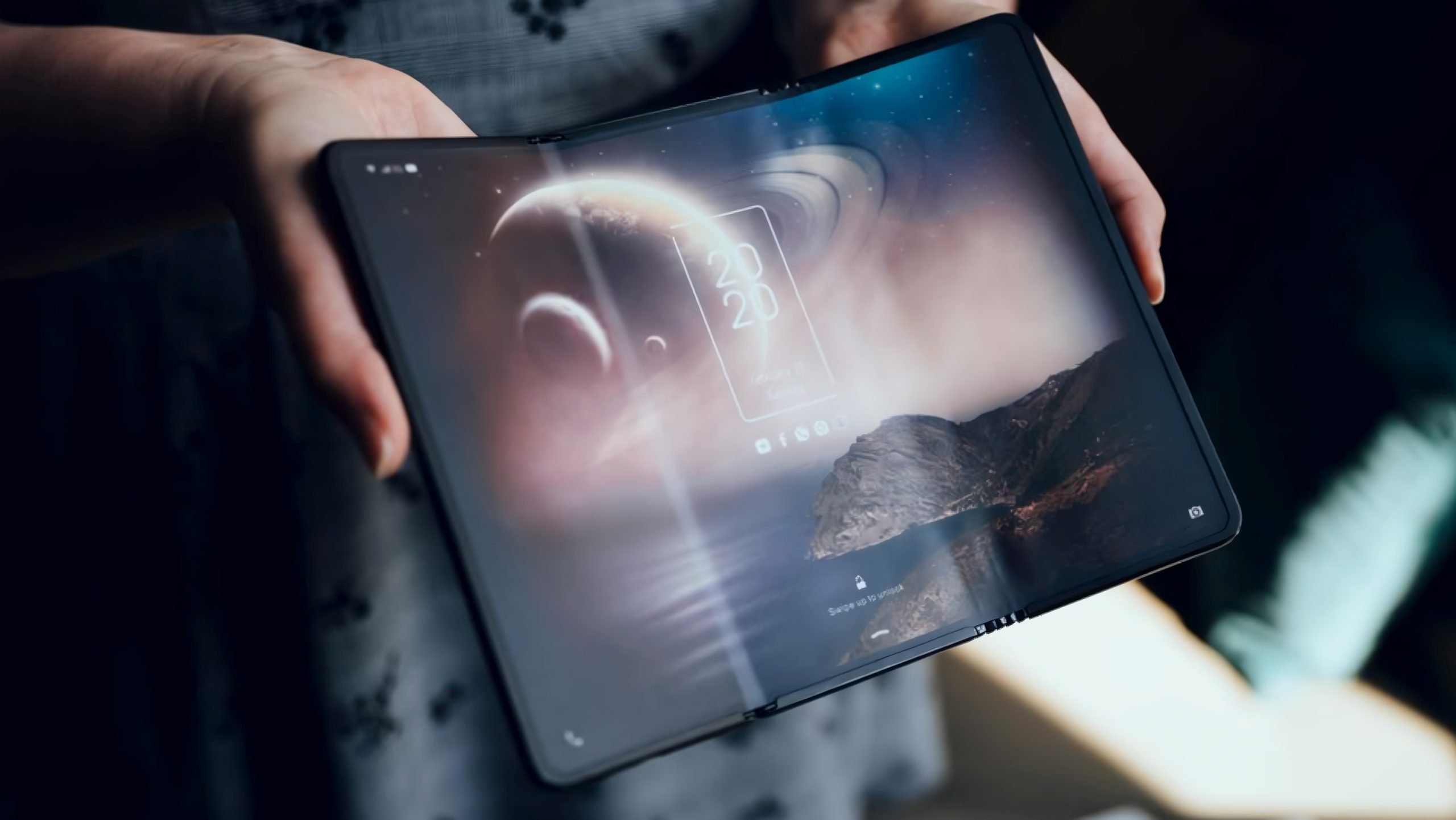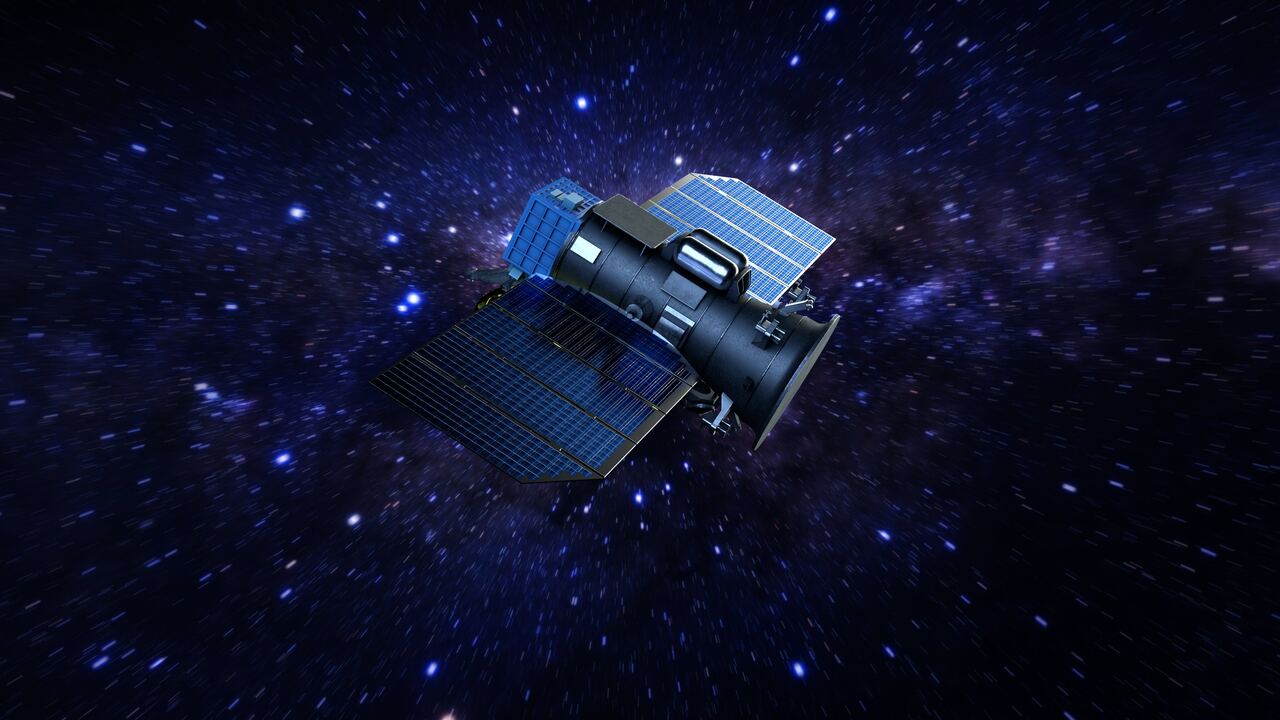Samara University’s research station, named after Korolev, began to study the behavior of faulty satellites, especially at high temperatures. This is important for enhancing safety in space and tackling space debris. The researchers used a typical Starlink communications satellite from SpaceX for their calculations and simulations.
Failed satellites become dangerous debris in space, and their behavior can be misleading. Students and scientists studied how solar radiation affects such satellites and how it affects their motion. Solar panels are particularly sensitive to temperature changes; these changes can deform and cause microaccelerations, making garbage collection difficult.
The researchers calculated how the temperature effect affects the satellites and estimated the angular acceleration distortion. These data could be useful in developing methods for transporting and cleaning up space debris. The work was supported by the Russian Science Foundation and recognized by the Russian Academy of Sciences.
Source: Ferra
I am a professional journalist and content creator with extensive experience writing for news websites. I currently work as an author at Gadget Onus, where I specialize in covering hot news topics. My written pieces have been published on some of the biggest media outlets around the world, including The Guardian and BBC News.











